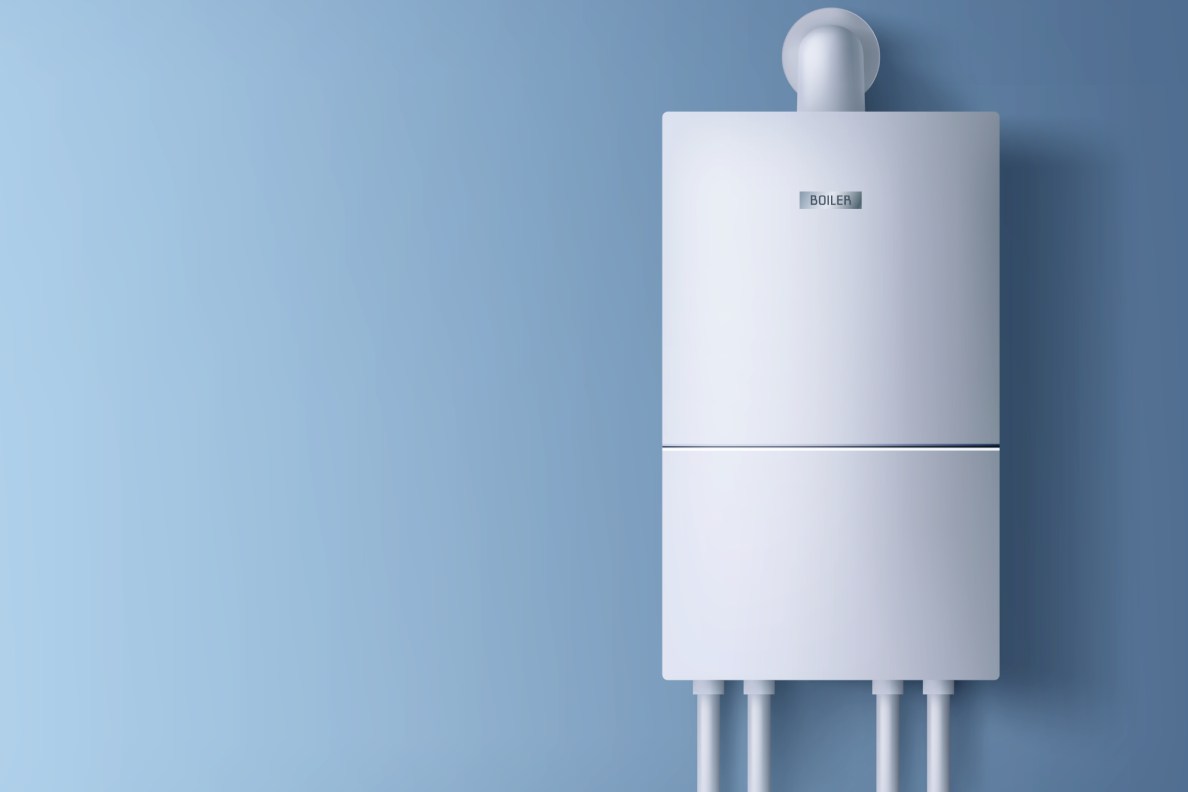How To Save With The Gas Boiler

Winter is just around the corner, and this year, more than ever, everything indicates that it will be the toughest in recent years. The war between Russia and Ukraine is causing serious problems in the supply of natural gas to all of Europe, which is impacting its price.
Faced with this scenario, many people consider actions to save on their gas boilers. Here are some tips for doing it.
Table of Contents
Tips To Save On Your Gas Boiler
Although the biggest factor that influences your gas bill is the price at which it is paid at all times, there are small actions that, if carried out together, will allow you to save with the gas boiler.
Set The Temperature Correctly
Depending on the type of home and its orientation, you may need to set one temperature or another. Ideally, it should not exceed 23º during the day and be less than 18º at night. This can be done through a thermos where this temperature is set.
Modern smart thermostats also allow this temperature to be programmed, adjusting automatically if a window is open or tenants are not home. Thus, the greatest possible savings are achieved.
Proper Boiler Maintenance
Correctly maintaining the boiler is not a simple preventive action to avoid gas leaks; it can also significantly reduce your gas bill.
On the one hand, it will prevent too rapid wear of the device, increasing its useful life for a longer time. And on the other, it will reduce heat leaks that impact the gas bill.
Energy Labelling
The boiler’s energy efficiency and other heat-generating devices are also essential to save. In fact, since September 26, 2015, the European Directives ErP (Ecodesign) and ELD (Energy Labeling) have been applied to DHW heating and production products.
Among the data offered by this label is the level of energy efficiency, indicated on a scale that ranges from the most efficient categories (A+++) to the least efficient (G), and the efficiency for heating and the generation of domestic hot water must be indicated separately. Choosing the boiler with the maximum energy efficiency is important, even if it is more expensive, since it will mean much greater savings in the long term.
The Commitment To Condensation
The condensation technology allows the residual heat contained in the exhaust gases to be used during the combustion of the pellets. This is an important difference concerning combustion boilers, in which water in the form of exhaust gases escapes without being used.
Condensation provides maximum energy efficiency. But these devices also save up to 30% on the gas bill by recovering the lost heat. In addition, its emissions are much less polluting by increasing performance and consuming less gas.
Bleed Radiators Frequently
Among the maintenance tasks we can carry out ourselves is purging the radiators. It consists of eliminating excess air from the radiator circuit, improving the energy efficiency of the entire installation.
If, when checking the radiators, you find that they have air bubbles, you may have a major problem, since to heat the room, you will need an additional effort from the boiler and, therefore, a higher consumption.
Home Insulation Is Your Best Ally
A poorly insulated home is a room where heat escape is more than guaranteed. In this type of home, we force the boilers to make an extra effort to heat the home, with the implications this has for the gas bill.
Even though the investment is very important, the reality is that adopting the relevant thermal insulation reforms reduces air conditioning consumption significantly, so much so that the difference between a properly insulated home and one that is not can mean up to 50% less gas consumption.
Bet On Reflective Panels
Often radiators are attached to the wall. This causes that when you turn on the heating, a significant part of the heat filters through the wall, being lost. In these circumstances, a good trick to save with the gas boiler is to place reflective panels between the radiator and the wall.
These panels reflect the heat that goes to the wall and returns it to the room of the house, increasing energy efficiency and reducing the gas needed to heat the room. If the walls are of poor quality and these panels absorb much heat, money can be saved. Also, they are not excessively expensive.
Do Not Leave Clothes Or Towels On Top Of The Radiators.
Many people leave freshly washed clothes or towels on top of the radiators. Yes, they dry much sooner, but it is a bad practice that can be very expensive. If you put clothes on top of the radiator, you cut off the flow of air that rises upwards, precisely what heats the rooms in the house. The house will not heat up as quickly, and the boiler will have to work more, increasing consumption.
So, if you want to speed up the drying of your clothes, it is better to put an indoor rack near the radiator that clears that airflow. The clothes will take longer to dry, and the towel may not be as hot when you get out of the shower, but at least it will save you money on the gas boiler.






